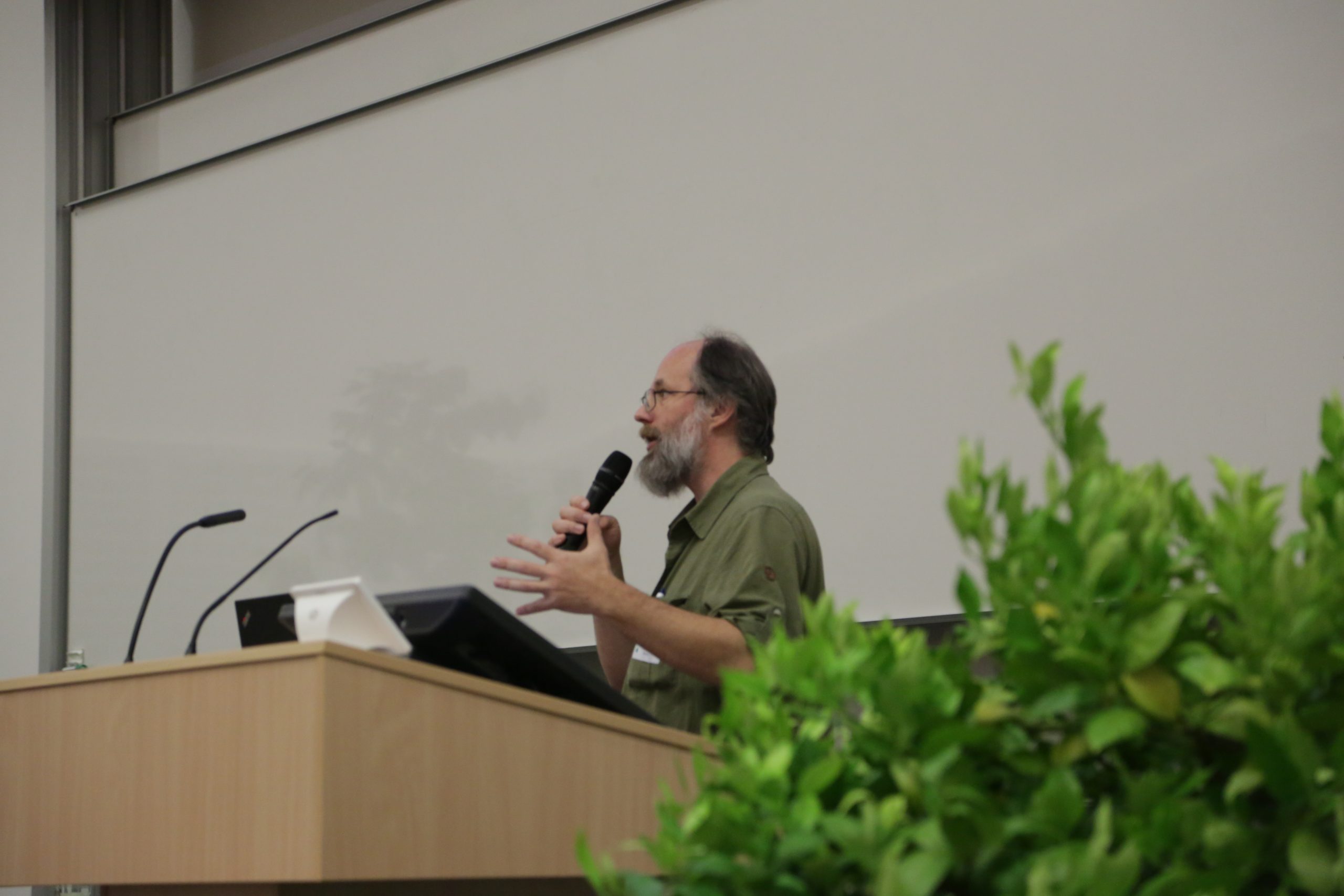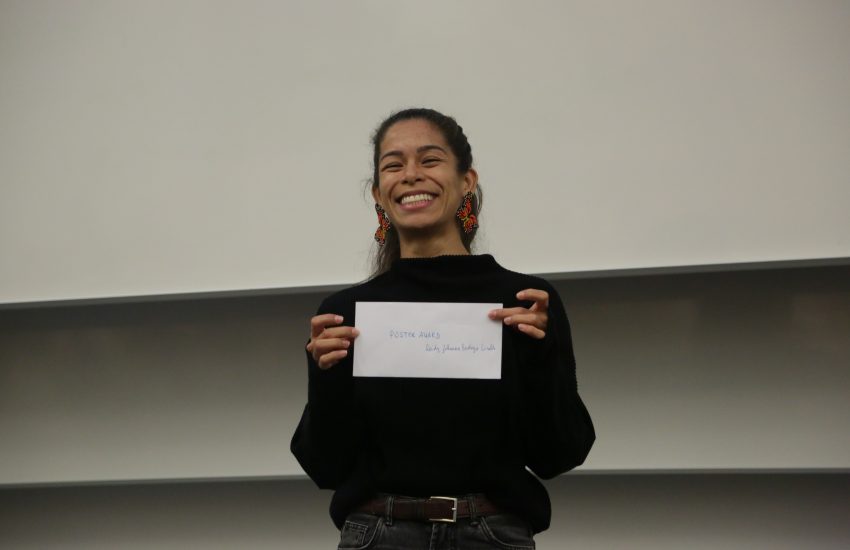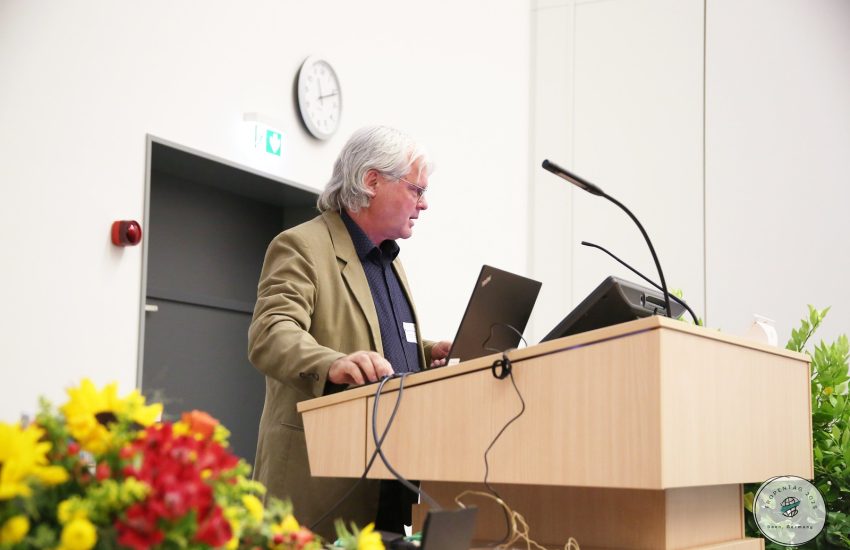The Hidden Life on Land: Four Takeaways for a Sustainable Future
At Tropentag 2025, Dr. Patrick Meyfroidt from the Earth and Life Institute, UCLouvain, reminded us that land is far more than soil under our feet. It is a living system that connects people, economies, and ecosystems worldwide. His talk highlighted four key facts that everyone should understand about land and sustainability.
1. Land is complicated.
Land systems don’t follow simple rules. A small change, like clearing a patch of forest or shifting how we farm, can trigger big and unexpected effects. Because land connects so many social and ecological processes, it’s often difficult to predict the outcomes of our decisions.
2. Some changes can’t be undone.
Once land is heavily altered, it rarely returns to its original state. Deforested areas, drained wetlands, or degraded soils may be lost for good. This creates long-term consequences that limit future choices for both people and nature.
3. Small actions can cause big ripple effects.
Local changes often spill over into wider areas. A new farm or road may only cover a small footprint, but the consequences, such as water shortages, habitat loss, or shifts in food markets, can be much larger and felt far away.
4. Land is globally connected.
What happens in one place can move elsewhere. Stopping deforestation in one country, for instance, may push agricultural expansion into another. In other words, solving problems locally can sometimes create new ones abroad.
Dr. Meyfroidt’s message is clear: land systems are complex, interconnected, and not easily reversible. To manage them sustainably, we need to think beyond borders, anticipate ripple effects, and act with the long-term health of both people and the planet in mind.



